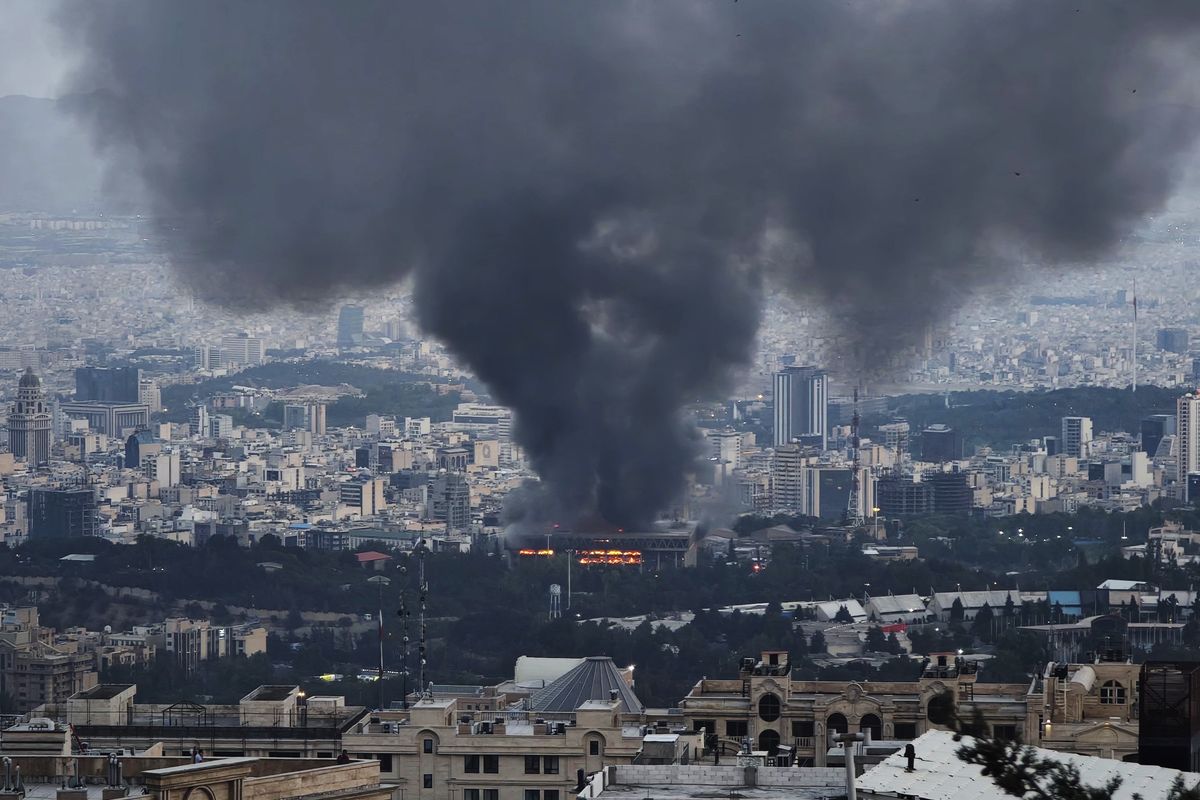Cipher Brief Expert Ambassador Joseph DeTrani is former Special envoy for Six Party Talks with North Korea and is former CIA director of East Asia Operations. He also served as the Associate Director of National Intelligence and Mission Manager for North Korea and the Director of the National Counter Proliferation Center, and was a Special Adviser to the Director of National Intelligence. This piece was first published by The Washington Times.
“If North Korea doesn’t return to negotiations, it’s fair to assume that the North will lock in its nuclear weapons and ballistic missile arsenals, making denuclearization unachievable and eventual reunification of the Korean Peninsula even more problematic.”
OPINION — Since the failed February 2019 Hanoi Summit of former President Donald Trump and North Korea Chairman Kim Jong-un, negotiations with North Korea have summarily ceased. During this 30-month period, North Korea reportedly has continued to produce fissile material for nuclear weapons, while enhancing its missile capabilities. The recent launches of two cruise missiles, capable – according to the North —of delivering a nuclear warhead, that successfully hit targets 1500 kilometers away, while flying for over two hours, was impressive. It represented an existential nuclear threat to the whole of Japan, and South Korea, and a challenge for existing missile defense systems. And the September 15 successful launches of short-range ballistic missiles (SRBM), from rail car launchers, was noteworthy. This, in addition to its road-mobile launches, will provide the North with an additional option to make detection of an imminent missile launch that much more challenging for any adversary.
Moreover, the North demonstrated movement toward a capability to eventually also launch Intercontinental Ballistic Missiles (ICBM), like the gigantic Hwasong 15 capable of targeting the whole of the U.S., from rail car launches, in addition to its more vulnerable fixed launch pads. And the International Atomic Energy Agency’s (IAEA) recent discovery that the Yongbyon Plutonium nuclear reactor was reactivated is further proof that North Korea is producing more fissile material for nuclear weapons.
Engage personally with Ambassador Joe Detrani and other Cipher Brief Experts. If you are an actively working in the national security field, we invite you to apply to attend the upcoming Cipher Brief Threat Conference October 24-26 in Sea Island, GA. Seats are limited. Apply today.
Getting North Korea back to the negotiation table should be a prime objective for the U.S and its allies and partners. A nuclear North Korea will encourage other countries in the region, like South Korea and Japan, to pursue its own nuclear weapons programs, despite extended nuclear deterrence commitments from the U.S. A nuclear North Korea also creates significant nuclear proliferation concerns, with the possibility that a nuclear weapon or fissile material for a dirty bomb will be sold or acquired by a rogue state or terrorist organization. We should never forget that North Korea sold nuclear technology and expertise to Syria, with Israel bombing the nuclear facility at Al Kibar in September 2007, just before it went operational.
It will take more than a stated willingness to meet with North Korea any time and any place to discuss denuclearization to get North Korea back to the negotiation table. A message to Kim Jong-un, delivered through the New York channel, or South Korea or China stating clearly, and with specifics, that the U.S. is prepared to discuss all issues with the North when they return to negotiations. The North knows we want to talk about complete and verifiable denuclearization, but they will need to hear that we’re prepared to discuss a road map that, in an action-for-action process, would include, as the North dismantles all nuclear weapons and facilities, the lifting of sanctions, a declaration to end the Korean War, a path to normal relations with the initial establishment of liaison offices in our respective capitals, the acknowledgment of their right to have nuclear technology for civilian energy purposes, when North Korea returns to the Nuclear Nonproliferation Treaty (NPT) as a non-nuclear weapons state; and a recognition of North Korea’s sovereign right to put a satellite in orbit.
The Cipher Brief hosts private briefings with the world’s most experienced national and global security experts. Become a member today.
To expect North Korea to walk away from its nuclear and missile arsenals and programs, which they view as a deterrent to ensure the survival of the Kim regime after the time and resources spent to establish these programs, will require a bold package of deliverables to convince Kim Jong-Un that denuclearization will make North Korea more secure, and as a member of the international community, they will have access to international financial institutions for economic development purposes.
Not getting North Korea back to negotiations and accepting the status quo, while thinking sanctions and additional pressure will convince Kim to return to negotiations is wishful thinking. Sanctions and additional pressure will only encourage Kim to build more nuclear weapons and missiles. It will also encourage Kim to work more closely with China and Russia, who may be willing to defy United Nations (U.N.) sanctions and provide the North with the aid and trade needed for its survival.
Go beyond the headlines with expert perspectives on today’s news with The Cipher Brief’s Daily Open-Source Podcast. Listen here or wherever you listen to podcasts.
Read more expert-driven national security insights, perspective and analysis in The Cipher Brief












